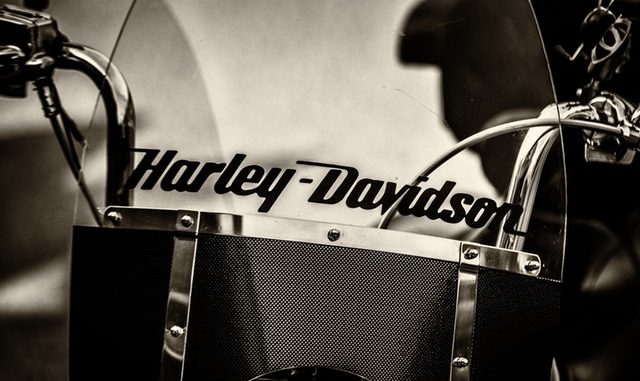
Opening Insights: Planned Obsolescence
We have all heard, experienced and said: "Things aren't made like they used to be." This is true for many products and organizations, however, NOT ALL. Some things are still made to last, yet as a culture we have become conditioned to the cheap, and companies that have remained true to their name and principles are suffering. Specifically, home-grown products are struggling…
Informational Insights: The End of An Era
...sales dropped for the first time in decades, President Donald Trump imposed a damaging trade war, and Harley’s future began to look ever dimmer. It was a child of the 1900s, a warhorse of the 1940s, a Boomer icon of the 1960s, a lucrative source of nostalgia in the 1990s. Today, though, it’s just another shrinking piece of Americana.1
While President Trump works to lobby for American workers and companies, the real issue some may say has to do with the EU regulations and restrictions. Regardless of the political games one thing is clear, the culture is shifting and has shifted...
Harley sales in the U.S. peaked at over 260,000 motorcycles in 2006, but have dipped to 147,972 last year, a number that is the lowest since 2010 and, before that, the lowest since 1993. (Retail sales fell 13 percent in the U.S. in the third quarter of 2018 compared to 2017, Harley said late last month.)
Harley’s longtime bread and butter has been Baby Boomers, those who grew up enamored with the outlaw image to the point that they were willing to spend $20,000 or more on the bikes and leather to live out that image. But the Boomers are getting older, increasingly physically unable to ride or dying out entirely. And Harley’s response—an electric bike called the LiveWire set to debut next year—isn’t so much of a Hail Mary as it is a capitulation. It also won’t be nearly enough.
“I think they have to completely reinvent the brand, and I don’t know if they can do it,” Erik Gordon, an assistant professor at the University of Michigan’s Ross School of Business, said. “The jokes are true. When I go down the freeway, I always look to see if this cliche about Harley riders is true. And the crazy thing is that it is true. I don’t think I’ve seen anyone under 55.
“My generation viewed Harleys as American fast, loud, muscle. We liked that stuff,” Gordon said. “[My students] view it as the tired old folks who screwed up America.”1
Source:
[1] https://www.msn.com/en-us/autos/motorcycles/how-harley-davidsons-all-in-bet-on-its-past-crippled-its-future/ar-BBPCNoW?ocid=spartandhp
Possibilities for Consideration: Expanding Existing Markets and Meeting the Demands of Today's Market
Harley Davidson's are an American legacy. They are embedded in the culture, yet the culture is shifting and changing. The legacy of Harley is not just in the products that they make, but in the quality and the culture of "the hog" that has been pioneered and protected for many years. In order to stay current, like any business today, changes need to be made, not just in what the company produces, but in the message and in their communication with the multiple generations they are trying to reach and engage.
The Co-Lab™ enables
the freedom to have open-thought.
The Co-Lab™ architecture provides
an environment and structure to
convert open-thought
to
constructive thought.
DR. RICHARD JORGENSEN
- What if Harley Davidson could reach all the generations?
- What if Harley Davidson could pioneer American quality and dependenability?
- What if Harley Davidson could expand their culture into social cultural responsibility
- What if Harley Davidson's heritage was something to be respected and honored instead of torn down?
- What if you could be a part of a solution to unite and support people in developing collective and individual sentience?
